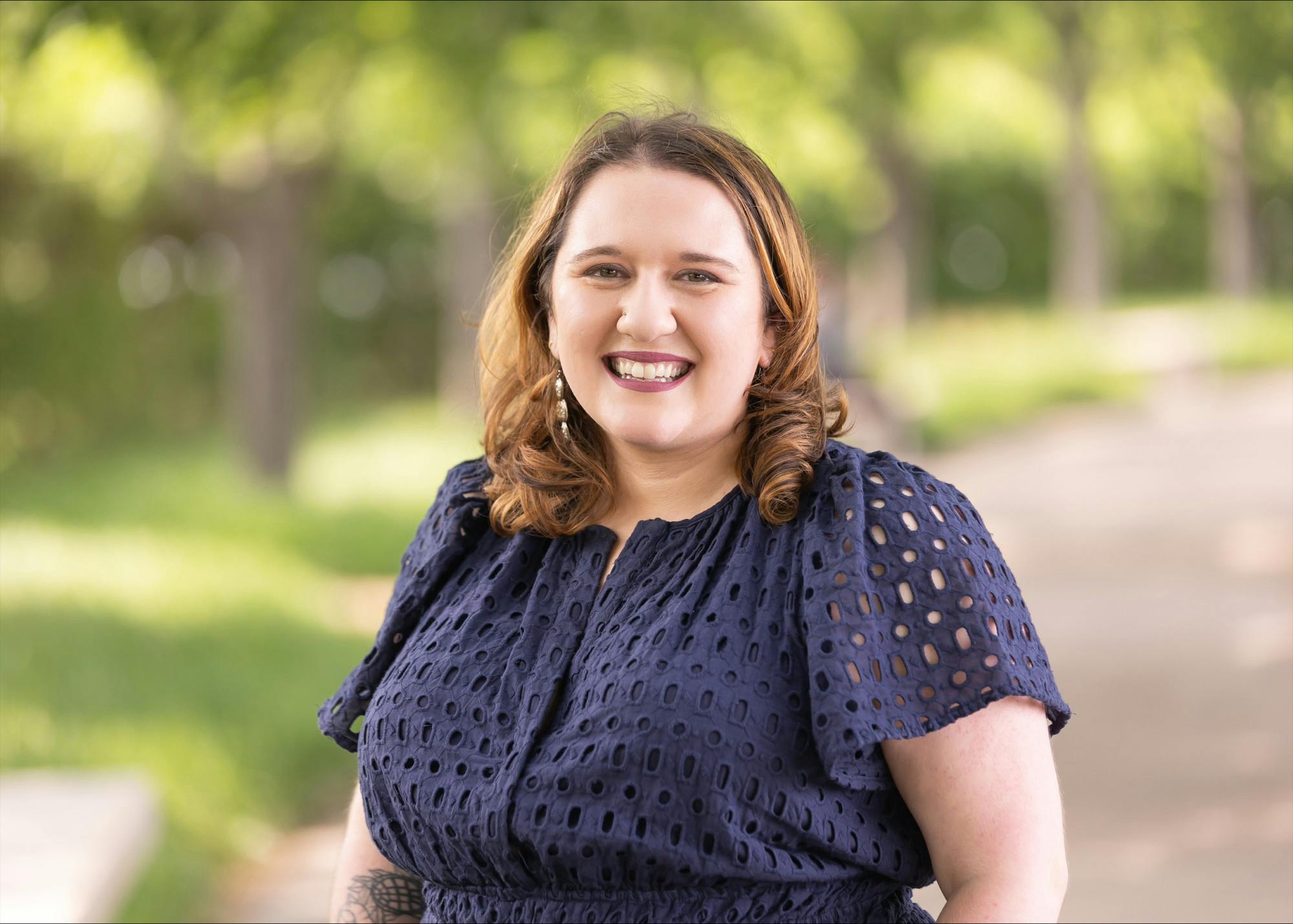In July 2023, Adria Brown ’15 was appointed as the new director of the Native American Program, which works to support the Native American student community at Dartmouth. Brown sat down with The Dartmouth to discuss her own experiences as a Native American student at Dartmouth and share her goals for the program.
In your words, what is the overall mission of the Native American Program?
AB: Our mission is to support the success and well-being of Native students through four pillars: academic support, faculty relationships, well-being and advocacy. First, we assist students with understanding their academic experience at Dartmouth and connect them to academic resources. Second, promoting faculty relationships and encouraging students to be in contact with their undergraduate deans. Third, focusing on mental, emotional and social health. We are constantly thinking about how we make sure that not only do they understand what Dartmouth is, but how they can bring their own culture and community into their experience. Lastly, helping students advocate for Indigenous experience, visibility and histories and asking staff how we can work with all constituents of the College to make sure that we elevate the Native Indigenous student experience.
What inspired you to take on the role of NAP director?
AB: When I was here, the thing that kept me going was the Native community. It taught me how to be respectful and kind and also get things done and be a proactive leader. I was just really struck by how much I wanted to come back and help build something truly supportive and strong. Since that point, I have been doing many different things, but I have been focused on how best to manage programs and services for Native people.
What are some of your goals as NAP director?
AB: This first year, I’m focused on making sure that we’re delivering the services that are needed most at this moment, specifically building out sustainable advising structures for Native and Indigenous students, supporting our large scale heritage and history celebrations, making sure that students have staff support and guidance to help them engage in these leadership experiences, as a lot of the work that goes into larger institutional commitments has fallen onto students. This first year is meant to stabilize, and make sure that we are in a position to grow.
Are there any changes or updates that you're planning to make to the NAP?
AB: One of the first things that we’ve already started to do is we are paying our student co-chairs of Powwow and lū’au. These are two student run events that take a massive amount of effort and leadership. We are also thinking about hiring an assistant director or permanent full-time assistant director, and focusing on the advising and student group aspect.
Tell me about your experience as a Native student at Dartmouth.
AB: I had both a beautiful experience and also a really hard experience. I encountered a lot of racism from fellow students. And at that time the old mascot was pretty present on campus. The thing that kept me going was becoming a leader within the Native community and learning from so many different experiences.
Can you describe some of the NAP resources available to students?
AB: The idea of the NAP is to help build leadership and student potential, some of which is through our student workers. We have a first year mentorship program called Indigenous Student Peer Advisors — we’ve hired six upper class students to help mentor our first year Native students. We also do a pre-orientation each year for incoming students to help build community within the Native Indigenous community and build cross class relationships. Each of those mentors works with places like the Academic Skill Center, Student Wellness Center, Dick’s House and the Counseling Center to build fun weekly programs that help tie into building relationships. We also have peer tutors, who — depending upon their specialty — do either open office hours or one-on-one tutoring.
What kinds of programming does the NAP plan?
AB: Each term we do a community dinner to bring everyone together and focus on community building. Then, throughout the term it can look different. Spring is definitely our heaviest term in terms of having heritage and history celebrations all over the place. We have the lū’au, and also manage and run an awards ceremony, where we recognize student accomplishment for seniors and other years. We manage the graduation celebration, and we have a separate ceremony that is in conjunction with Native American and Indigenous Studies.
This interview has been edited for length and clarity.




